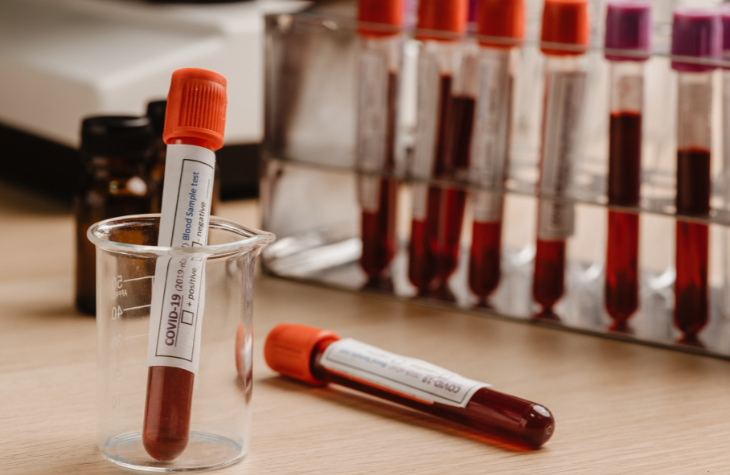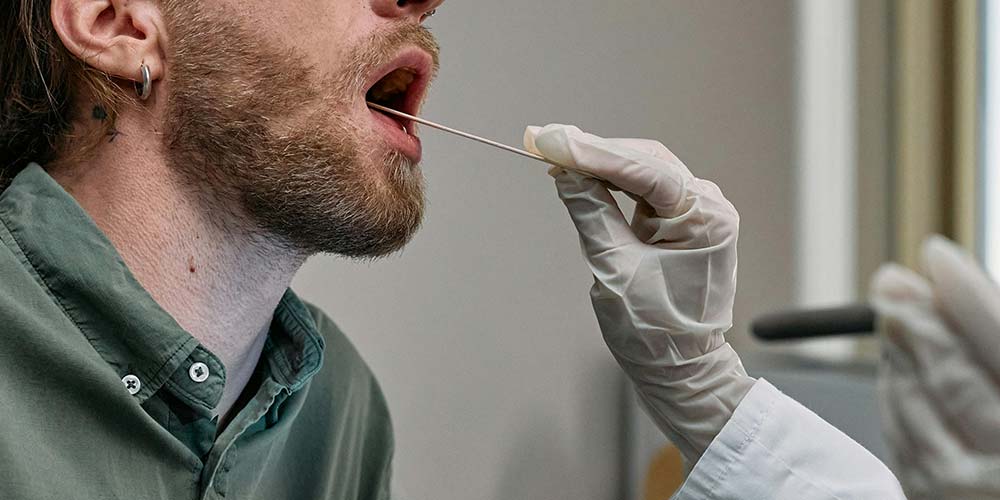Gabapentin, taken by over 64 million people in the U.S., has a half-life of 5 to 7 hours, meaning it takes this time for half of the drug to be cleared from the body. However, gabapentin may remain detectable in the system for up to 48 hours or even longer, depending on individual factors.
Knowing how long gabapentin stays in your system is essential for managing potential side effects and avoiding interactions with other medications. This information is especially important for those undergoing drug tests or making adjustments to their treatment plans.








